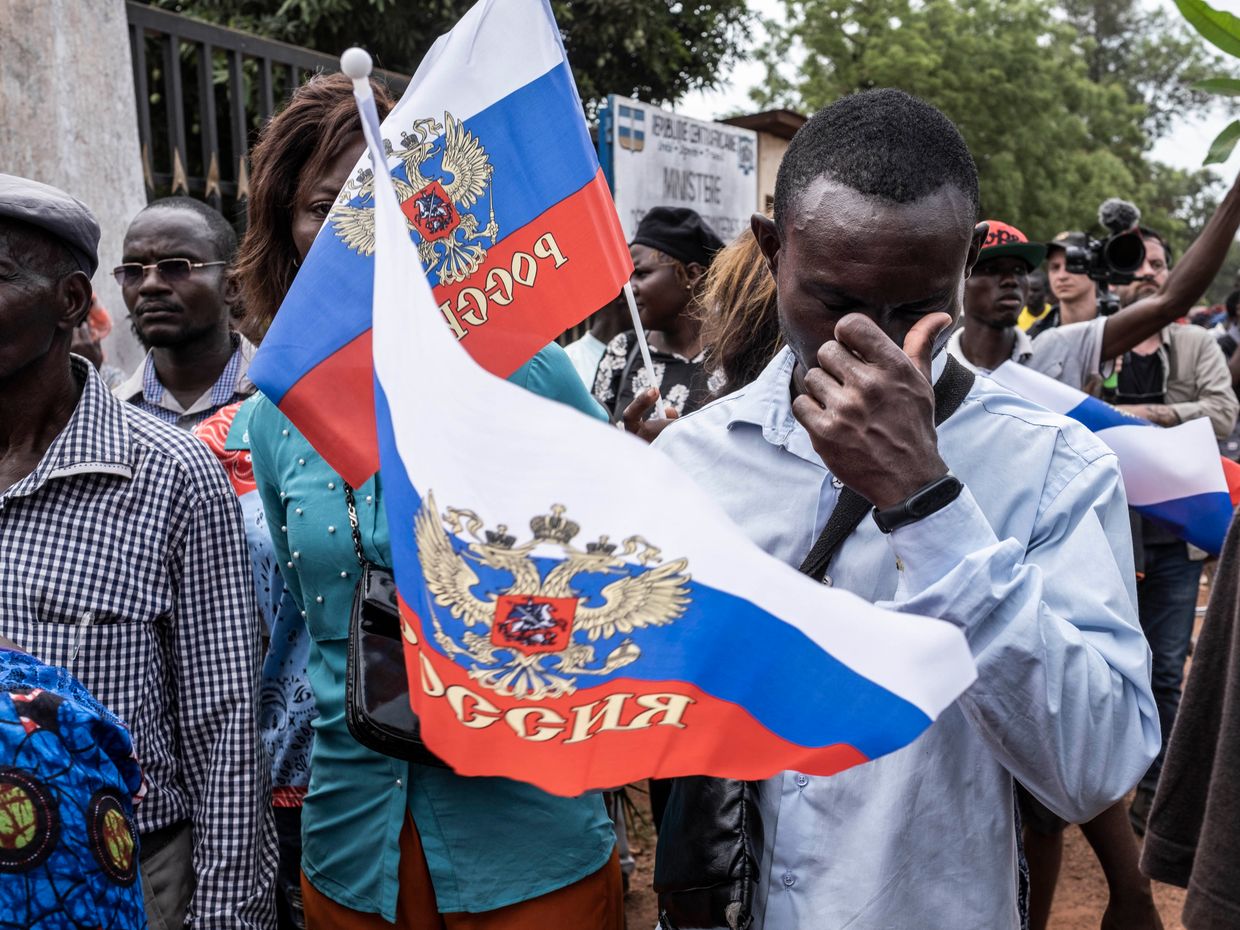One of Baltic states may become next testing ground for NATO’s Article 5 — and Russia’s ruthless ambition

Russia is already at Estonia’s gates. Tallinn may become the next target for Russia’s aggressive war because the Russians have several convenient pretexts for it, The Economist reports.
For several years, Russia has been conducting a covert campaign of intimidation and destabilization against Estonia, using cyberattacks, undercover agents, sabotage, and legions of disinformation bots on social media.
NATO recognizes these risks and has been increasing its military presence in the region: currently, over 2,000 troops from allied countries are stationed in Estonia.
However, amid the reduction of American forces in Europe, Estonia could become the place where Russia first attempts to test the reliability of NATO’s Article 5 on collective defense.
Between the 1950s and 1980s, the Kremlin resettled hundreds of thousands of ethnic Russians to Estonia, and today they make up one-fifth of the country’s 1.4 million population. The largest number of them are living in the city of Narva, located right on the border with Russia. Nearly the entire population there is descended from Russian settlers.
More than 30 years later, Russians have shifted from a politically dominant group to a lower-class minority, though many in Narva still feel attached to the Soviet version of history.
Since the war in Ukraine began, Russian destabilizing efforts have intensified throughout Estonia. Last year, a sociology professor who seemed liberal was exposed as a Russian agent. In 2023, vandals damaged the cars of the Minister of Internal Affairs and the editor of a Russian-language news website.
At the same time, Russian attempts to recruit Russian speakers for minor sabotage through social media have found little support.
Russia recruits elderly in covert sabotage campaign across Ukraine and Europe
The war in Ukraine has united Estonians but divided the Russians living there. Some feel sympathy for their homeland, where many have relatives; some resent Estonian nationalism. Some are Putin supporters or simply wish for a brotherly alliance like in the old days. Others, especially younger people, warmly welcome Ukrainian refugees into their schools and communities.
Since 2022, the Estonian government has taken steps to isolate Estonia from Russia. It stopped issuing visas to Russian citizens, restricted Russian business activities, banned Russian TV channels from cable packages, and removed Soviet-era monuments. This year, Estonia, Latvia, and Lithuania disconnected their electricity grids from Russia.
Most of the well-known and most controversial Estonian residents holding Russian passports, who previously could vote in municipal elections, will no longer be able to do so after this year’s elections.


